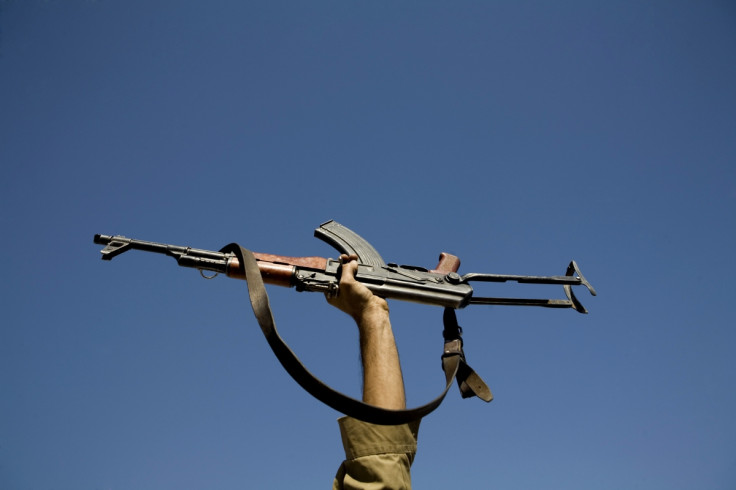Future of war? UN urged to stop proliferation of killer robots as new arms race looms

The United Nations has been urged once again to ban the use of autonomous weapons on the grounds that their use could spark a new global arms race for so-called killer robots. A report from Human Rights Watch and the Harvard Law School international Human Rights Clinic says humans should be required to remain in control of the "critical functions" of weapons systems, including the selection of targets, reports the Associated Press.
While some have argued that use of machines on the battlefield could save lives, others have warned that recent technological advances means that autonomous weapons systems can now be developed "within years, not decades", making it easier than ever for humans to pass the responsibility of killing to machines.
The report by the Human Rights Watch and the Havard Law School international Human Rights Clinic has been released as the United Nations kicks off a week-long meeting on the use of such technology in Geneva, Switzerland. According to the London-based organisation Campaign to Stop Killer Robots, the US, UK, China, Israel, South Korea and Russia are all looking toward giving machines "greater combat autonomy".
Bonnie Docherty, senior arms division researcher at Human Rights Watch, said: "Machines have long served as instruments of war, but historically humans have directed how they are used. Now there is a real threat that humans would relinquish their control and delegate life-and-death decisions to machines."

Tomorrow's AK-47s
In July 2015, an open letter from the Future of Life Institute penned by more than 1,000 technology experts including Stephen Hawkins, Elon Musk and Steve Wozniak warned of the dangers posed by autonomous weapons.
It claimed that if any major military power presses on with the development of such technology, the inevitable competition would result in autonomous weapons becoming "the Kalashnikovs of tomorrow".
The Russian-made Kalashnikov is one of the most widely-used assault rifles in existence, with approximately 100m currently in circulation. The rifle has become synonymous with terrorist groups and militia and has become somewhat of a cultural icon for modern-day warfare. The letter argued that killer robots would become similarly easy to mass-produce once their use became widespread and parts to build them became cheaper.
"Unlike nuclear weapons, [autonomous weapons] require no costly or hard-to-obtain raw materials, so they will become ubiquitous and cheap for all significant military powers to mass-produce," It will only be a matter of time until they appear on the black market and in the hands of terrorists, dictators wishing to better control their populace, warlords wishing to perpetrate ethnic cleansing, etc.
"Autonomous weapons are ideal for tasks such as assassinations, destabilizing nations, subduing populations and selectively killing a particular ethnic group. We therefore believe that a military AI arms race would not be beneficial for humanity."
© Copyright IBTimes 2025. All rights reserved.






















